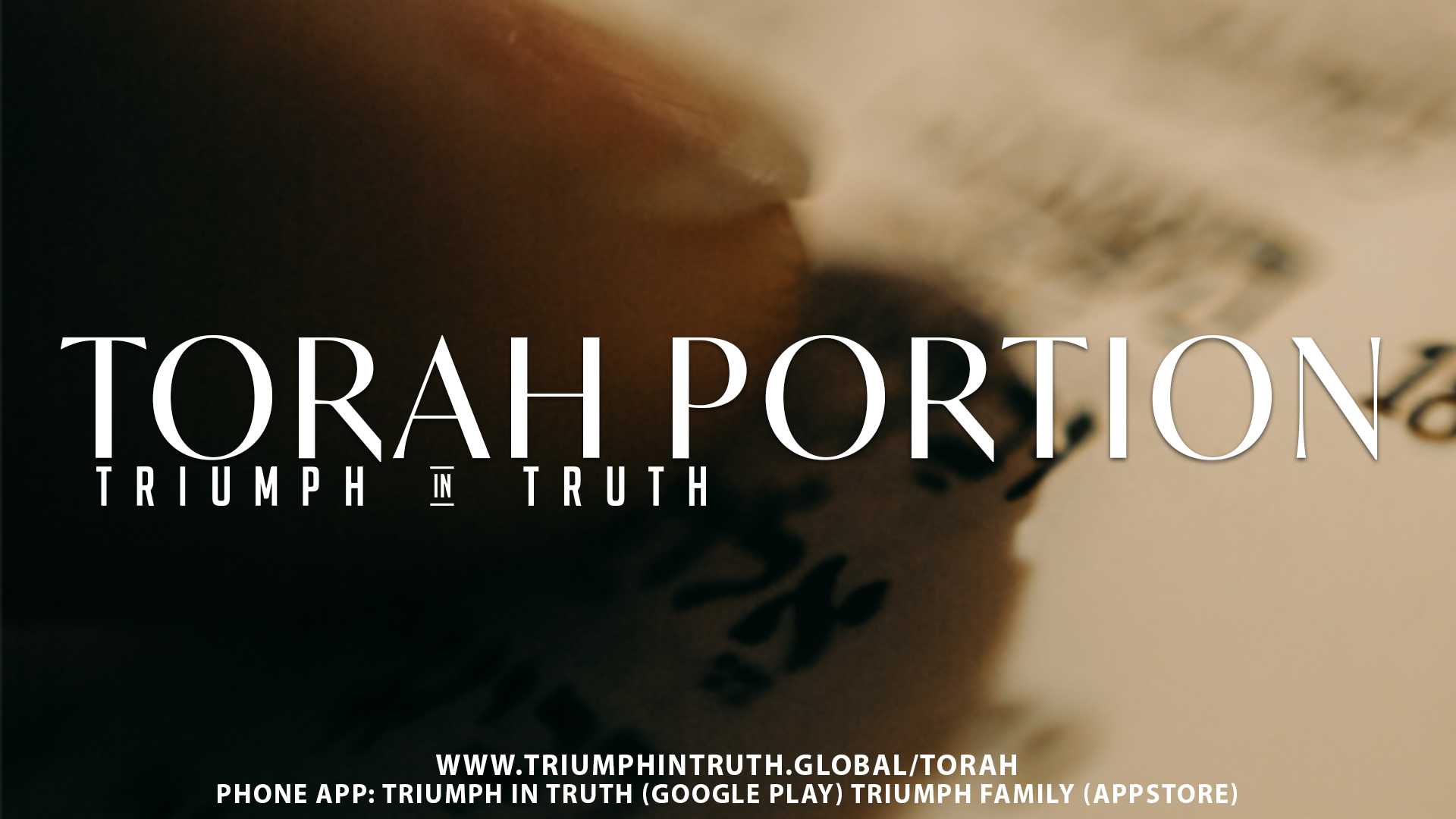Watch
Events
Articles
Market
More
#success
https://vm.tiktok.com/ZMY44FTAD/



#success
https://vm.tiktok.com/ZMY44FTAD/



Thought for Today: Wednesday March 29:
We cannot hope to build a better world without Yeshua. But, to that end, each of us must also work on our own improvement and at the same time share a general responsibility for all believers, our particular duty being to aid those on this TTN social media page, whom we think we can be most useful to. We must also bear in mind that we have all known a long loneliness through we have learned that the only solution is His Love and the love for our neighbours, families and friends.



SERIES K --- ISRAEL’S GOLDEN AGE --- LESSON 18
AN UNFAITHFUL SON
THE DUTIES OF THE LEVITES
From 1 Chronicles 23; 24:20-31
Now that King David was very old, it was time to appoint one of his sons as king so that they would not fight among themselves after he died. David had already chosen Solomon, so he called the elders of Israel to assemble for the coronation ceremony. A census of the Levites was taken before the ceremony to discover how many were thirty years of age or older. The census showed that there were thirty-eight thousand Levites who could serve the Adonai. ‘Twenty-four thousand of these Levites will be in charge of the work of the temple,’ David commanded. ‘Six thousand others will be officers and judges and four thousand will be gatekeepers. The other four thousand will serve as musicians, playing the musical instruments which, I have made, praising the Adonai.’ David divided the Levites into divisions, with each division related to one of the three sons of Levi. There was a Gershon Division, a Kohath Division and a Merari Division. Gershon’s descendants were divided into two groups; the descendants of Laadan and the descendants of Shimei. Laadan’s group was divided into six parts. Three parts were after Jehiel, the leader, Zetham and Joel. The other three after Shelomith, Haziel and Haran, sons of an ancestor named Shimei. [This, of course, was not the Shimei who cursed David.] The descendants of Shimei were Jahath, who was chief; Zina [or Zirzah], the next; Jeush and Beriah. These last two did not have many sons, so they were combined into one group. The Kohath Division was divided into four groups, named after Kohath’s four sons; Amram, Izhar, Hebron and Uzziel. Moses and Aaron were descended from Amram. Aaron had been consecrated for the sacred services of the tabernacle, offering sacrifices to the Adonai, serving Him and pronouncing blessings in His name at all times. The sons of Moses the man of YHVH, Gershom and Eliezer, were counted as Levites. The leader of Gershom’s sons was Shebuel. Rehabiah, Eliezer’s only son, was the leader of that group and he himself had many sons. Izhar’s sons were led by Shelomith. Jeriah was the leader of Hebron’s sons, followed by Amariah, Jahaziel and Jekameam. Micha was the leader of the sons of Uzziel, followed by Jesiah. Mahli and Mushi were the sons of Merari. Eleazar and Kish were the sons of Mahli. The daughters of Eleazar, who had no sons, married their cousins, the sons of Kish. The sons of Mushi were Mahli, Eder and Jeremoth. These were the descendants of Levi, who became known as Levites. All the Levites twenty years of age or older were registered according to the names of the families from which they came and were assigned to the work of the temple. ‘Now that the Adonai has brought peace to Israel, He will rule over us permanently in Jerusalem,’ David said. ‘Thus, the Levites will no longer need to carry the tabernacle and its equipment from one place to another.’ The census of the Levites and the assignment of their duties was one of the last things David did before he died. They were assigned to the work of the temple, to help the priests, who had descended from Aaron. This work included the services and sacrifices, purification ceremonies, providing bread for the table of showbread, providing flour for meal offerings and wafers without yeast, supplying the baked offerings and the offerings mixed with oil and taking care of all weights and measures. The work also included a time of singing and praising the Adonai each morning and evening and whenever burnt offerings were presented on the Shabbats, new moon festivals, and other feast days. A certain number of Levites were to be present for each of these occasions, taking care of the tabernacle and temple and helping the priests as needed.
COMMENTARY
THE LEVITICAL FAMILIES
Only members of the Levite tribe were permitted to be the priests and caretakers of the tabernacle and, later, of the temple. Although all were descended from Jacob’s son Levi, only the male descendants of Aaron could serve as priests. The rest of the Levite males aided the priests as caretakers and musicians. The Israelites believed that YHVH claimed every firstborn male of man and animal. But rather than enforce this requirement literally, He permitted the Levites to be substitutes for all the firstborn male children. The priests and Levites were organized into twenty-four groups who took turns at serving in the sanctuary. Later the Levites also became teachers of the Law. David’s reorganization of the Levites was part of his preparation for the building of the temple.



Check out our app or website to view the Torah Portion reading for this week! www.triumphintruth.global/Torah




We've got a new music video up!
https://tube.ttn.place/watch/yEGb11KWpueU5XK


